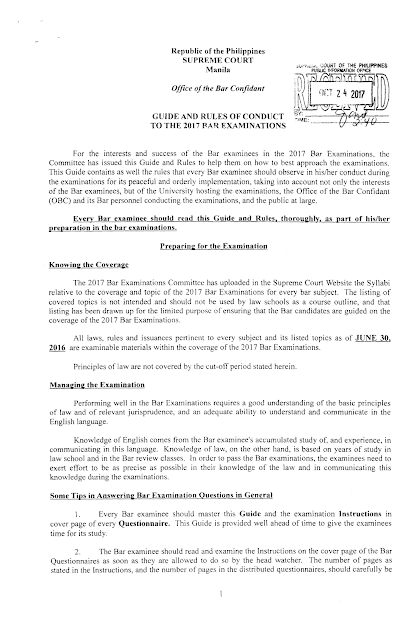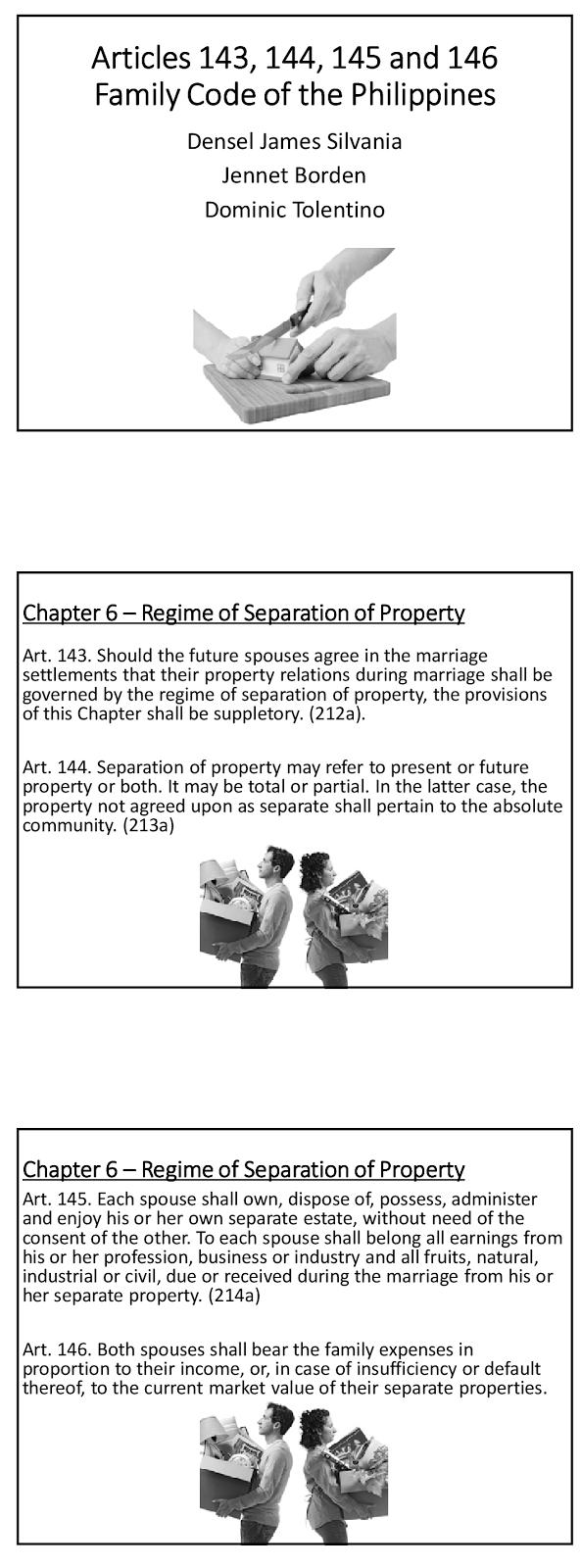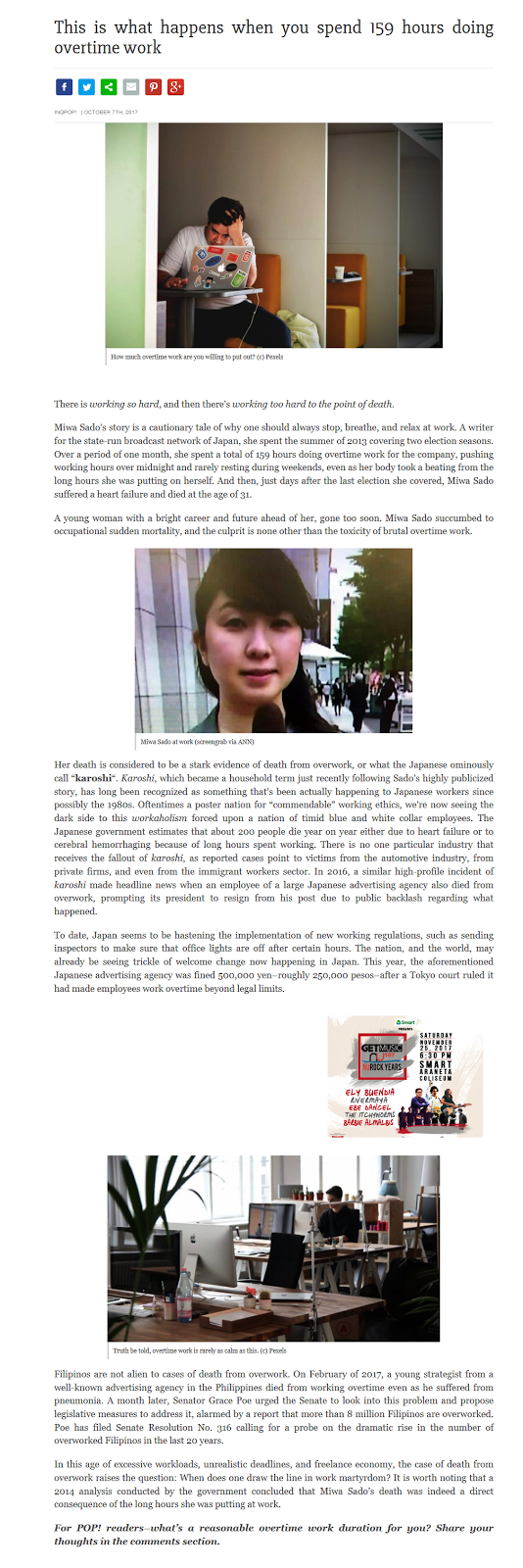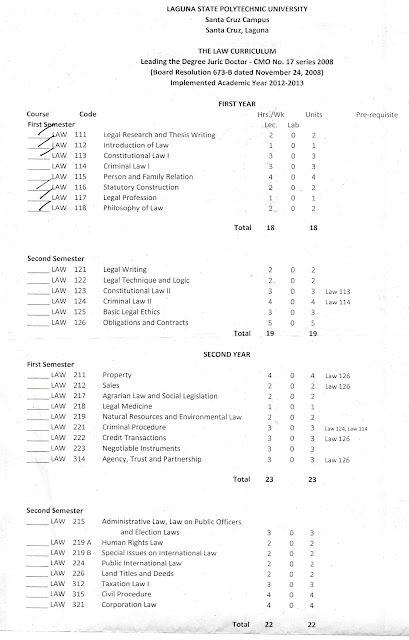Article Explanation: Articles 209, 210, 211, 212 and 213 of the Family Code
Art. 209. Pursuant to the natural right and duty of parents over the person and property of their unemancipated children, parental authority and responsibility shall include the caring for and rearing them for civic consciousness and efficiency and the development of their moral, mental and physical character and well-being. (n) Explanation: Paternal authority patria petestas is the mass of rights and obligations which parents have in relation to the person and property of their children until their emancipation, and even after this under certain circumstances. The article emphasizes that pursuant to the natural right and duty of parents over the person and property of their unemancipated children, parental authority and responsibility includes: (a) the caring for and rearing of such children for civic consciousness and efficiency; and (b) the development of their moral, mental and physical character and well-being. Art. 210. Parental authority and responsibilit...





